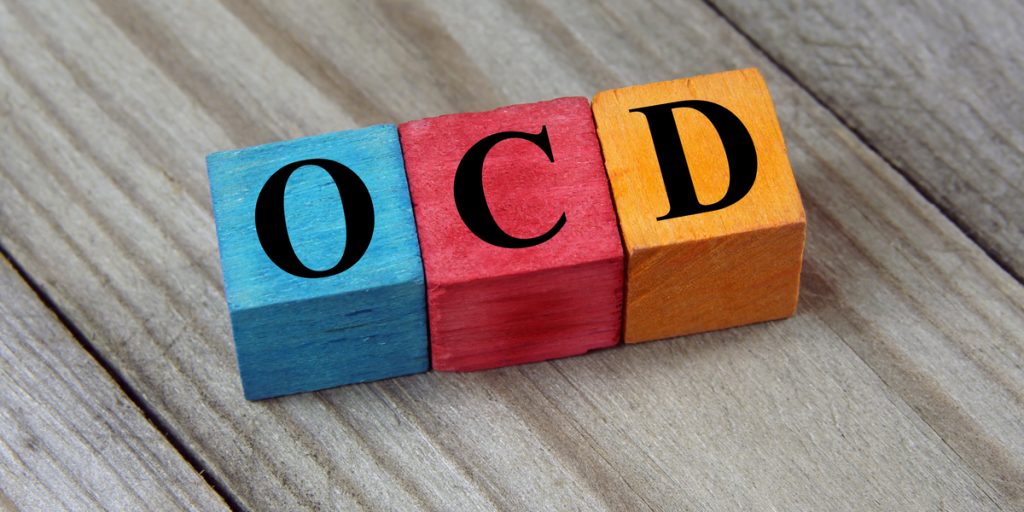How Do OCD and Addiction Affect One Another?
For some people, symptoms of obsessive-compulsive disorder (OCD) and addiction behaviors can influence one another. Without proper treatment for both conditions, recovery can prove more difficult and challenging.
Today, we are going to discuss some of the notable links between OCD and addiction as well as some of the treatment options that could be available to you. If you need resources on addiction treatment in your area, call the SAMHSA National Helpline at 1-800-662-HELP (4357).
Possible Links Between OCD and Addiction
Over the past few decades, researchers have explored possible links between OCD and addiction for those who struggle with substance abuse. An Australian researcher found that people who are addicted to drugs share similar brain dysfunctions as those with other compulsive behavior disorders. These regions of the brain, known as the anterior cingulate and orbitofrontal cortices, play a role in regulating one’s impulses.
An article from the International OCD Foundation features compiled research that provides additional insights, such as:
Both Involve Engaging in Unwanted Behaviors
Both OCD and addiction involve repeatedly engaging in unwanted behaviors. These patterns are influenced by impulses produced in the brain to bring about a desired effect or sense of satisfaction.
OCD and Addictive Behavior Produce Temporary Relief
The perceived satisfaction from performing an obsessive ritual or engaging in substance abuse is highly temporary. The high or feeling of relief lasts for a short time and then the impulses will resume once this period of time has passed.
Co-Occurring Rates
The article highlights that it can be difficult to measure the percentage of people that experience difficulties with both OCD and addiction, as addiction centers may not require an OCD diagnosis for treatment and vice-versa. However, the Foundation reports that the most consistent findings illustrate that approximately 25% of people living with OCD may also have lifelong difficulties with addiction.
The Shared Influence of Family History
Family history can influence person’s likelihood of developing OCD or an addiction. If both conditions have been present in past generations, members of future generations could reasonably have a chance of experiencing struggles with them simultaneously.
Neurotransmitter Levels
Neurotransmitters are the molecules used by the brain to communicate with the rest of the body. People who either have OCD, an addiction, or both are found to have higher levels of certain neurotransmitters in their brains, such as glutamate. This amino acid plays a role in exciting or stimulating parts of the body, which could increase one’s susceptibility to certain addictive substances.
Treatment Options for Co-Occurring OCD and Addiction
Dual-Diagnosis Psychotherapy
A person who experiences both OCD and addiction can benefit from a dual-diagnosis treatment. In these sessions, a therapist will work with an individual to address their struggles with compulsive thoughts and behaviors, help construct healthier behavior patterns, and also aid in treating the co-occurring maladaptive behaviors surrounding addiction.
Lifestyle Changes
Lifestyle changes may also aid a person in treating both conditions. For example, if a person has high levels of specific neurotransmitters in their brain, these can potentially be lowered through modifications in their diet and lifestyle behavioral patterns.
Medication
According to the Mayo Clinic, the Food and Drug Administration (FDA) has currently approved 5 antidepressants as medication for OCD. In addition to aiding in depression, these medicines can also help in alleviating heightened anxiety that might result from impulsive thoughts or feelings.
If your doctor determines that an antidepressant might help you manage your OCD symptoms, the Mayo Clinic advises that you ask them questions about important factors like:
- Antidepressant side effects
- Appropriate dosage
- Potential side effects
- Risk of suicide
- How a specific antidepressant could interact with other medications
- The risk of stopping antidepressants abruptly
Though the risk of suicidal thoughts or ideation is rare, it can happen to some individuals who take antidepressants. If you begin experiencing thoughts of suicide, inform your doctor immediately, call 911, or travel to your nearest emergency room.
Get Treatment for OCD and Addiction Today
If you are experiencing difficulties with both OCD and addiction, effective and caring dual-diagnosis treatment is available.
At Compassion Behavioral Health, we provide complete and comprehensive treatment services for drug and alcohol addiction in South Florida, including dual-diagnosis psychotherapy. If you are looking for help today, reach out to us at (844)-999-0874 or contact us online at any time.



